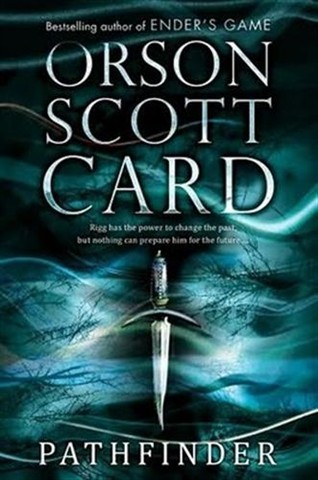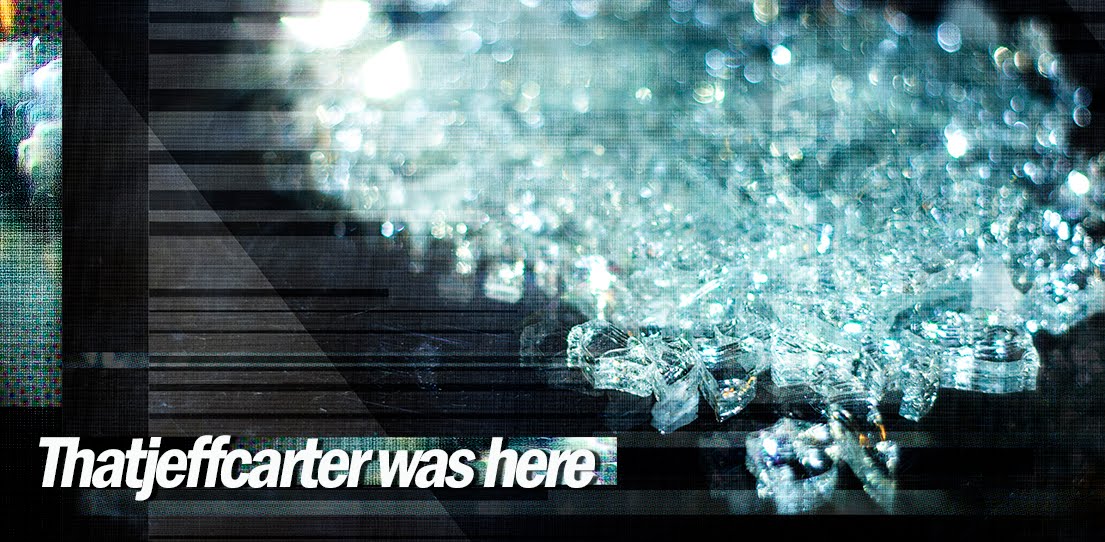
Orson Scott Card is an infuriating writer. Infuriating because he has great ideas – but he doesn’t always translate these great ideas into great books, or even into good books. Sometimes he does – and we get Ender's Game. But sometimes we get junk like Pathfinder, a story with an interesting conceit, but that is terribly told.
At 657 pages Pathfinder is long - overly long - painfully long. And why is it so drawn out long? Because the characters argue about everything – at every opportunity. Pathfinder loses its way in all these arguments. Every point, every action, every move is debated and explained and then argued again. The characters are petulant, and obnoxiously so.
And I’ve noticed this
in a number of Card’s books. His
characters – especially those he wants to portray as virtuous and noble
innocents – are combative and suffer from a sort of persecution complex (and much of
said persecution could have been avoided if the characters weren’t so blasted argumentative…) The Alvin Maker series engaged in this same
kind of petulance, as did Card’s decidedly not scary horror story The Lost Boys. I wouldn’t want to psychoanalyze Orson Scott
Card based on his writings – but finding this combination of petulance and a
persecution complex so often in his work does cause me to wonder…
The main character of Pathfinder is thirteen year old Riggs. Now, Card often writes stories of precocious children, so this doesn’t have to be a problem. Ender’s Game is a powerful novel precisely because the main character is such a talented young boy. But in Pathfinder, Riggs isn’t just talented or intelligent; he is unbelievably talented and intelligent and powerful – to the point where it become difficult (impossible) to willingly suspend my disbelief. It’s too much.
In Pathfinder Riggs is Superman with no Lex Luthor; he is Batman with no Joker. He has an immense intellect and superb training, a vast fortune, and the extraordinary ability to manipulate time – but he faces no real challenge. There is no enemy, no villain. He moves through the story with ease but there’s no sense of danger, no threat, no obstacle.
Nothing is a challenge. Nothing is a threat. There is only constant bickering – for 657 pages.
The main character of Pathfinder is thirteen year old Riggs. Now, Card often writes stories of precocious children, so this doesn’t have to be a problem. Ender’s Game is a powerful novel precisely because the main character is such a talented young boy. But in Pathfinder, Riggs isn’t just talented or intelligent; he is unbelievably talented and intelligent and powerful – to the point where it become difficult (impossible) to willingly suspend my disbelief. It’s too much.
In Pathfinder Riggs is Superman with no Lex Luthor; he is Batman with no Joker. He has an immense intellect and superb training, a vast fortune, and the extraordinary ability to manipulate time – but he faces no real challenge. There is no enemy, no villain. He moves through the story with ease but there’s no sense of danger, no threat, no obstacle.
Nothing is a challenge. Nothing is a threat. There is only constant bickering – for 657 pages.
Orson, if you want me
to read 657 pages – or rather if you want me to enjoy reading 657 pages – give
me a story with some dynamics. There are
two more books in the Pathfinder
series, but after this first one, I’m not sure that I’m interested in reading
them.




No comments:
Post a Comment